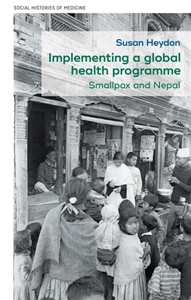The University of Chicago Press
Founded in 1890, the University of Chicago Press is the largest university press in the United States, publishing a distinguished list in Science, Economics, Philosophy, Anthropology, Reference, Sociology, History, Art, and Literary criticism, as well as translations of classic and contemporary works. Publisher of The Chicago Manual of Style, classic works by Kuhn, Friedman, Arendt, Strauss, and Maclean.
View Rights Portal






















